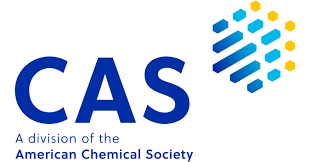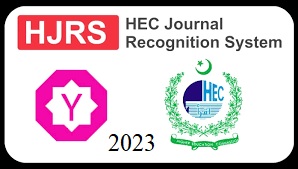Extraction and quantification of antimicrobial peptides from Ricinus communis Cassia fistula and Acacia nilotica through different pharmaceutical buffers
Keywords:
Antimicrobial Peptides, Tris NaCl, PBS Buffer, Cassia fistula, Medicinal plantsAbstract
Background: As humans are gifted by a defense system, Plants also possess a specialized system of defense that helps them to combat attacking microorganisms and harsh environmental conditions. This defense system is in the form of secondary metabolites that are present in the form of antimicrobial peptides. Antimicrobial peptides are specialized cysteine rich residues that play their marked protective role in plant defense systems. Material methods: In this study, we have extracted antimicrobial peptides from seeds and roots of three medicinal plants Ricinus communis, Cassia fistula, and Acacia nilotica. Extraction was carried out in two pharmaceutical buffers Tris NaCl and PBS buffer. Results: Results indicated that the extracts with PBS buffer without freeze thaw yield more concentrations of 2353 μg/ml, 1508 μg/ml, and 1553 μg/ml of proteins in Cassia fistula roots, Ricinus communis (seeds), and Cassia fistula (seeds) respectively. These concentrations were higher than the proteins extracted by Tris NaCl and PBS buffer with freeze thaw cycles. Conclusion: Extraction of these peptides from important medicinal plants and incorporating them in other plants with lesser immunity, can boost the immune system of receptive plants.
Downloads
Published
How to Cite
Issue
Section
License
Copyright (c) 2024 The authors retain the copyright without restriction.

This work is licensed under a Creative Commons Attribution 4.0 International License.









